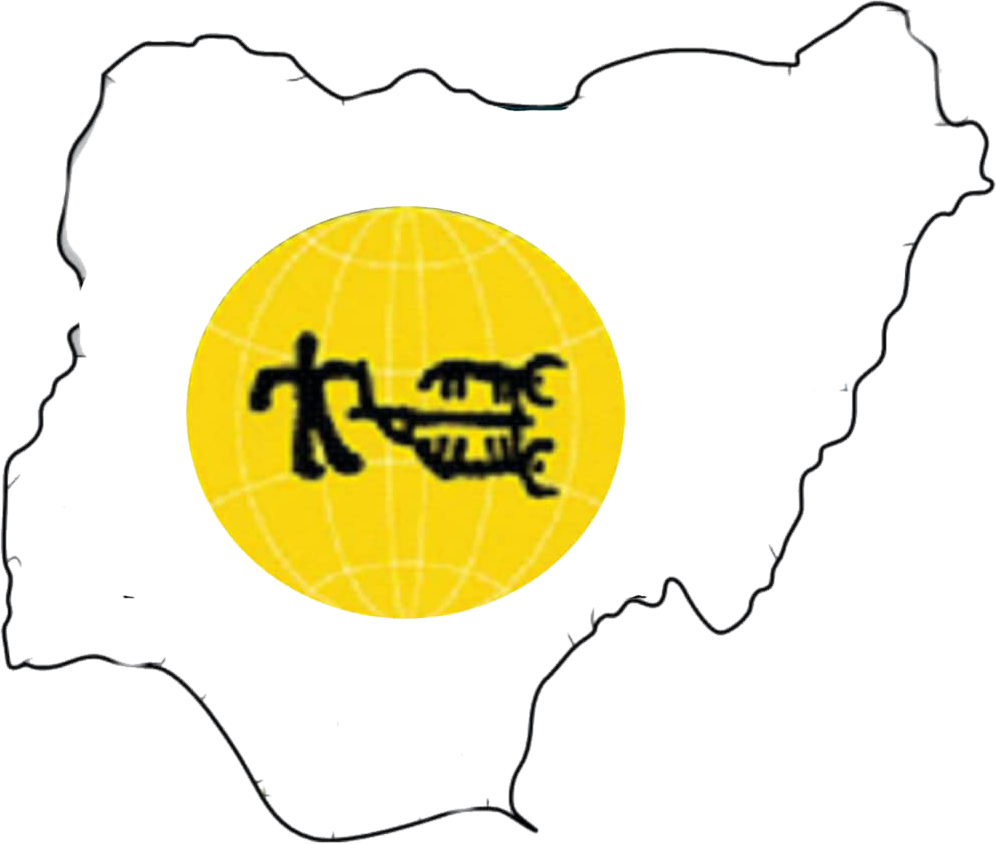Frequently Asked Questions (FAQs)
Soil tillage is the practice of preparing and manipulating the soil before planting crops. It’s essential for several reasons, including weed control, seedbed preparation, and improving soil structure. Proper tillage can also enhance water infiltration and nutrient availability for crops.
There are several types of tillage methods, including conventional tillage, reduced tillage, and no-till. Conventional tillage involves intensive soil disruption, while reduced tillage minimizes soil disturbance, and no-till involves planting crops directly into untilled soil. Each method has its advantages and disadvantages.
Soil tillage can both positively and negatively affect soil health. While it can improve seedbed conditions and control weeds, excessive or improper tillage can lead to soil erosion, compaction, and loss of organic matter. Sustainable tillage practices aim to minimize these negative impacts.
Sustainable soil tillage practices, such as reduced tillage and no-till, can improve soil structure, reduce erosion, increase organic matter content, and enhance water retention. These practices also contribute to long-term soil health and reduce greenhouse gas emissions.
Choosing the appropriate tillage method depends on various factors, including your soil type, climate, crop type, and farming goals. Conducting a soil test and consulting with agricultural experts can help you make an informed decision.
We offer a wide range of resources, including articles, publications, videos, webinars, workshops, and hands-on training sessions. Our goal is to provide farmers and agricultural professionals with the knowledge and tools they need to implement sustainable soil tillage practices.
To become a member, simply visit our Membership Page and follow the instructions for registration. Members enjoy exclusive benefits, including access to educational materials, networking opportunities, and event discounts.
Yes, you can! We greatly appreciate donations and welcome volunteers who are passionate about promoting sustainable agriculture. Visit our Get Involved section to learn more about donation options and available volunteer opportunities.
Check our Events page for information on upcoming webinars, workshops, and other educational events. We regularly update this section with details about our latest programs.
Visit our website regularly as well as our social media pages for updates.

